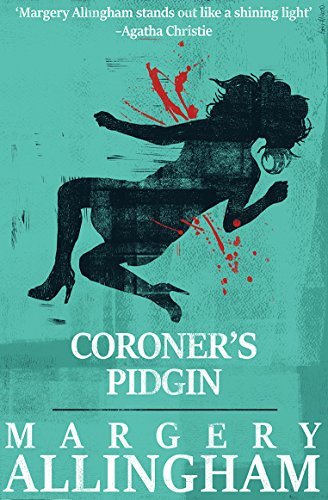What do you think?
Rate this book


241 pages, Kindle Edition
First published January 1, 1945
Lying amid the crumpled tissue was a battered artificial rose around the stem of which was wound a string of unconvincing pearls. It was a curious trophy, possibly in bad taste, but by far the most interesting thing about it was its effect upon Johnny Carados. The man was outraged, he was so angry that it occurred to Campion that he must be also startled.